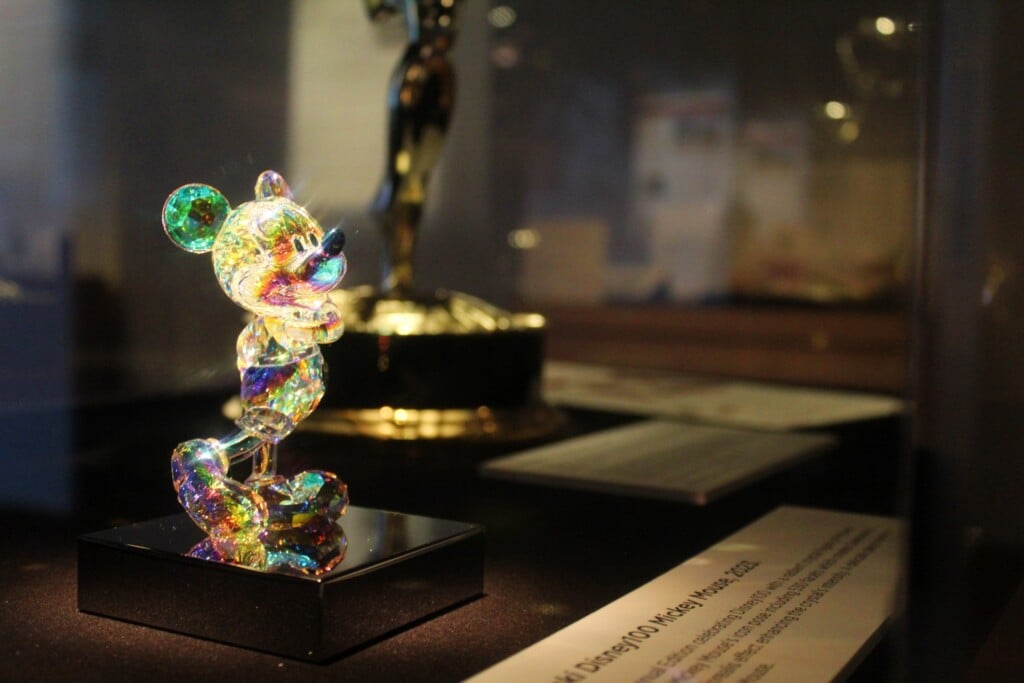No Holds Bard
During the past decade, the Heart of America Shakespeare Festival has grown from one play that ran for two weeks to a summer staple offering two plays for four weeks. Along the way, Shakespeare purists have found fault with a high-tech Measure for Measure and a decadent Macbeth (in which one of the witches was still in elementary school). Many audiences, however, have discovered new life in Shakespeare’s antiquated texts.
They’ll have more opportunities to do so this year, with the festival’s 2002 entries A Midsummer Night’s Dream, directed by Ian Wooldridge, and The Taming of the Shrew, helmed by artistic director Sidonie Garrett. The two comedies were chosen, Garrett says, a month after September 11, when more tragedy seemed unfathomable and the coming months weren’t all that predictable.
Wooldridge is not among the purists. He has set Midsummer Night’s Dream‘s city scenes in an Athens populated by well-dressed well-to-do from around 1900.
During a time when a young woman like Hermia (Cinnamon Schultz) doesn’t have the option of marrying the man she loves, it’s also risky for her to speak luridly of another. Though she’s betrothed to Demetrius (Rob Eigenbrod), Hermia is really cuckoo for Lysander (Will Fowler). Egeus (Brian Paulette), Hermia’s father, tells her that if she really wants to disavow Demetrius, she does so at the risk of death. And the heartbroken Demetrius takes no solace in the fact that Helena (Kim Martin-Cotten) thinks he’s the hottie.
After the young quartet of criss-crossed lovers flees to the woods, the next scene introduces a sextet of hammy actors who’ve been commissioned to create a play for an upcoming wedding. Led by an uncommanding Peter Quince (Charlie Leader), the troupe endures a complicated mix of egos and other impediments: Flute (Jake Walker) doesn’t want to play a woman; Snug (Scott Cordes) is admittedly “slow of study” and stutters; and Bottom (Phil Fiorini) wants to play everything. When Bottom becomes a malcontent over his allotted scenes (it’s not the first time in the play he transforms into something beastly), he submits a prologue and epilogue to heighten his role.
The reverie of the title is set in an electric forest of blues and greens where Oberon (Christopher Marino), Titania (Jan Rogge) and a childlike coterie of fairies stage their own skewed playlets of love, dictated by a frequently incompetent Puck (Cedric Hayman). The fairies are helpless to influence the city people who have shown up, in Act Two, in their underwear.
Bottom has dreams, too, that transcend his visions of grandeur. Just after he awakens from the one in which he’s literally turned into the pompous ass he already was, it seems everyone’s learned a lesson: Love that is true is more important than that which is prescribed; all’s well that ends well.
If there’s a fault with the show, it’s that Hermia’s and Helena’s long brawl in the second act becomes fairly shrill. The production teems with wonderfully played wit, especially the scenes with the play-for-pay acting troupe, in which Fiorini, Leader, Cordes and Walker craftily set up their early bits for maximum laughs later.
The jury’s out on Gene Emerson Friedman’s set, though, which borrows too little from Alexander Calder and too much from some big, gaudy aquarium in a Las Vegas mall. Yet when Marcus Abbott and Ward Everhart’s lighting design hits the set’s reflective panels just right, it seems to twinkle and pulsate with energy. Mary Traylor’s costuming for the city scenes is conservative and textbook; her forest wardrobe brings to mind Elton John’s Captain Fantastic era or a Thompson Twins video from prehistoric MTV. Even Cher can’t pull off a blue wig.
The same actors were scheduled to perform Taming of the Shrew the next night, but it was canceled after a thunderstorm drenched the festival grounds ninety minutes before curtain. I was unable to see that show before press time, but I look forward to Kim Martin-Cotten’s reprising her Kansas City Drama Desk-winning role of Kate to Jim Gall’s Petruchio. And director Garrett says she was inspired by Roland Joffe’s film Vatel, set in 1671, when “women were uncomfortable in their clothes.”
Post Script: For the past two Decembers, The Santaland Diaries, by David Sedaris, has been a Christmas cash cow for the Unicorn Theatre and a showcase for its star, Late Night Theatre cofounder Ron Megee. Unicorn artistic director Cynthia Levin announced recently that Megee would play a third year as the sardonic elf at a Macy’s department store in New York. But she apparently forgot one important detail: making sure Megee wanted to do it. He tells the Pitch that he doesn’t and won’t.
What prompted the change of heart? As it turns out, the other show scheduled to run concurrently on the Unicorn stage is the outrageous musical Bat Boy. Megee says he told Levin that he was interested in directing or otherwise having a hand in that show. When Levin decided that she would direct it — with assistance from Megee’s Late Night partner, Missy Koonce — and assumed Megee would be just as delighted to play Santaland on Bat Boy‘s off nights, she assumed wrong, prompting Megee to pass on the gig.
Megee says he takes it as a slight, adding, “I’ll be staging something huge to go up against Bat Boy.” Levin says she’s somewhat surprised at Megee’s news. “It’s great that he did it for two years, but I’m still going to do Santaland, obviously having to rethink it and recast it,” she says. “I’m sorry Ron’s upset, because I want a relationship with the guy. I would say to him, ‘Let’s talk and not ruin the relationship we have built up over the years.'”




